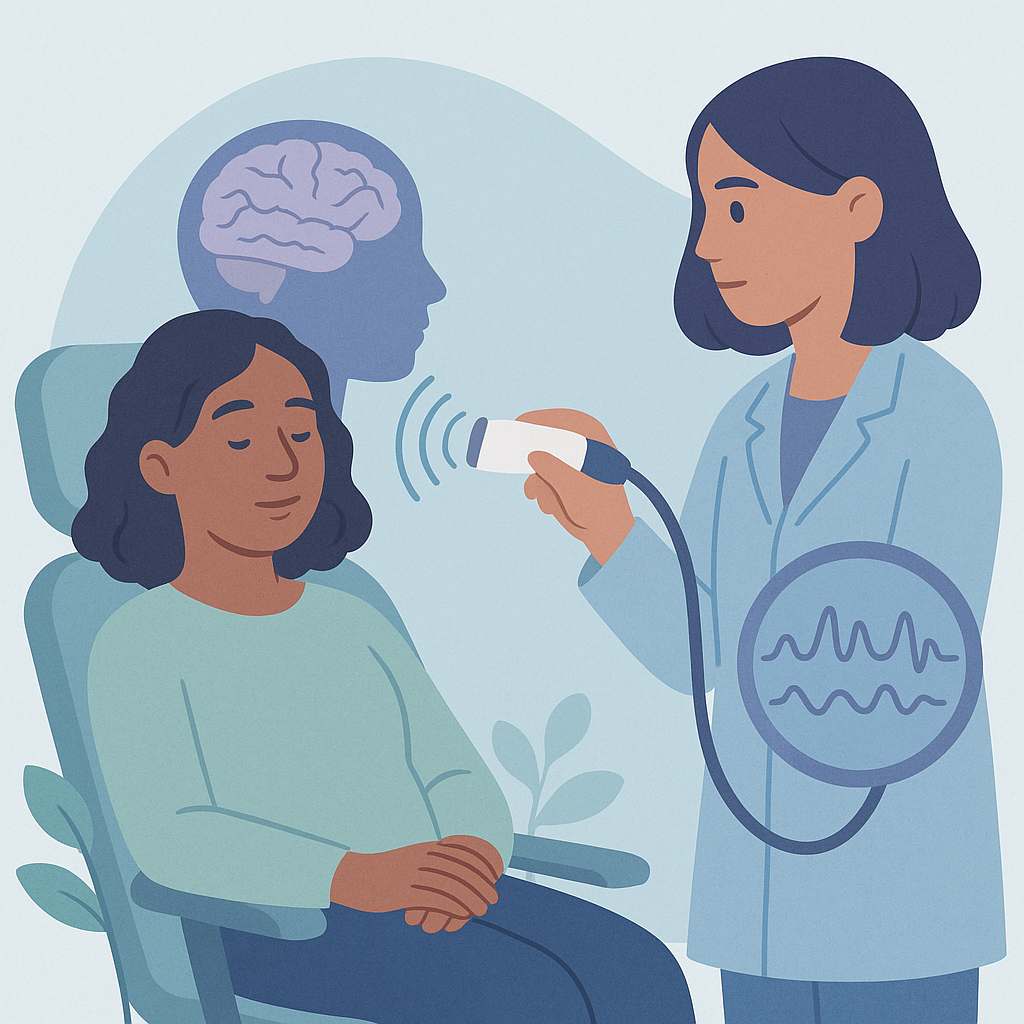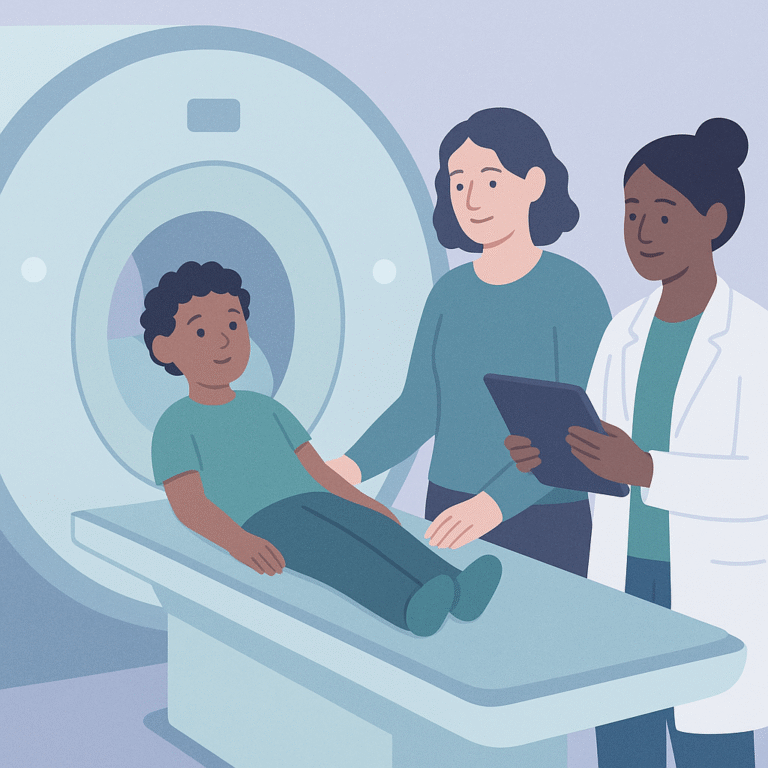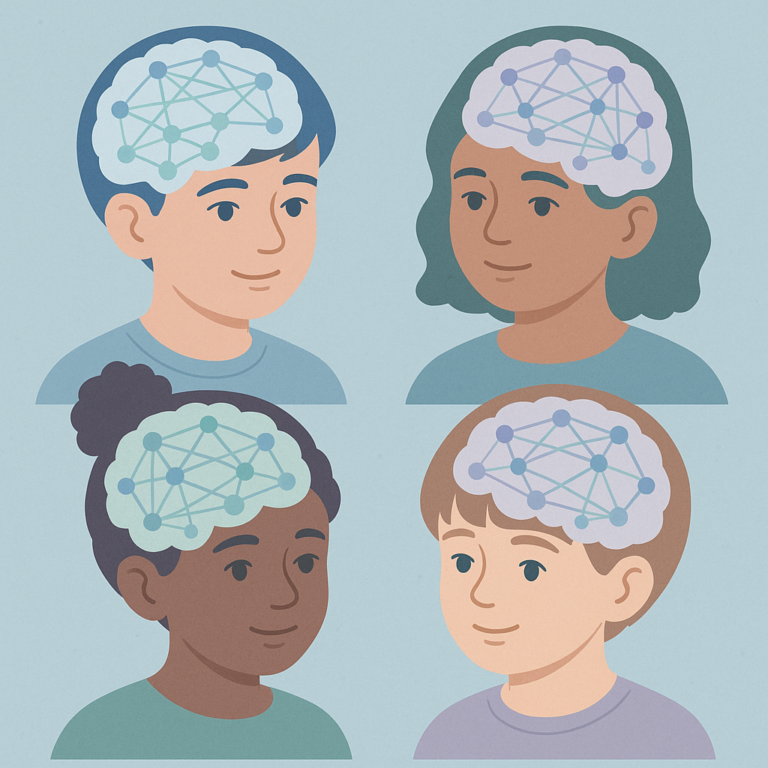New Brain Treatment Uses Sound Waves for Neurological Disorders
Source: Journal of neuroengineering and rehabilitation
Summary
Researchers studied a technique called transcranial focused ultrasound (tFUS), which is a non-invasive way to stimulate specific areas of the brain using sound waves. This review looked at how tFUS works, its effects on brain functions, and its potential uses in treating various neurological and psychiatric disorders, including epilepsy, depression, and anxiety. The study included findings from both basic research and clinical trials involving humans.
The key findings suggest that tFUS can effectively influence brain activity by targeting specific functions like sensory perception, movement, and emotions. It can create both immediate effects and longer-lasting changes in brain function. While the technique shows promise for treating conditions like epilepsy, researchers noted that more work is needed to understand how long these effects last and how to best use tFUS for different individuals.
This research is important because it highlights a new way to potentially treat neurological disorders without invasive procedures. However, there are limitations, such as the need for more studies to determine the best settings for tFUS and how it can be personalized for each patient. Understanding these factors will be crucial for making tFUS a reliable treatment option in the future.
Free: Seizure First Aid Quick Guide (PDF)
Plus one plain-language weekly digest of new epilepsy research.
Unsubscribe anytime. No medical advice.





